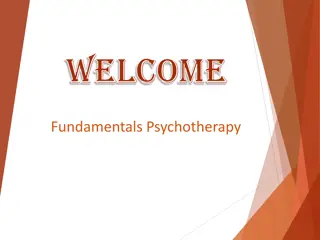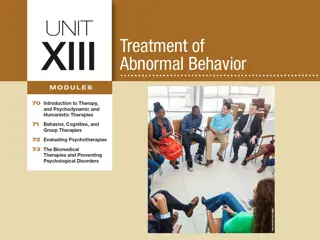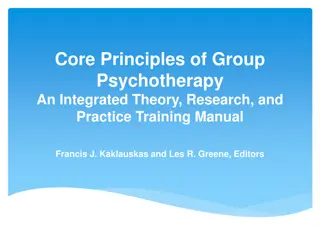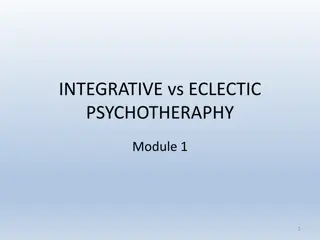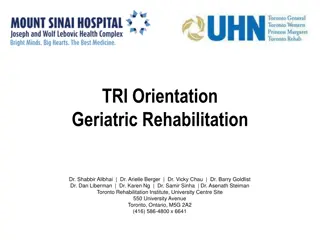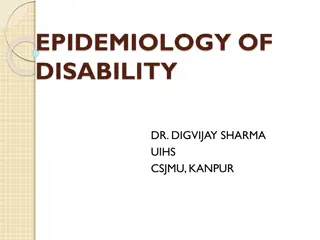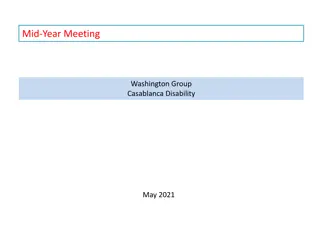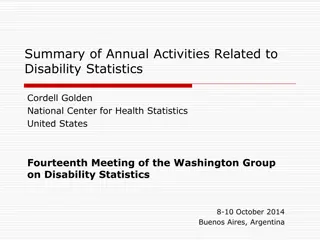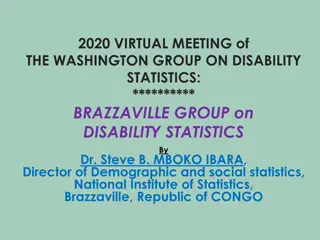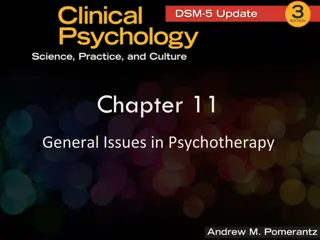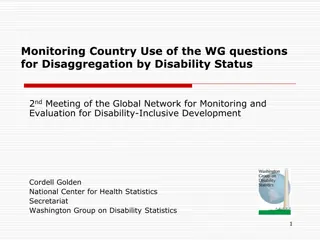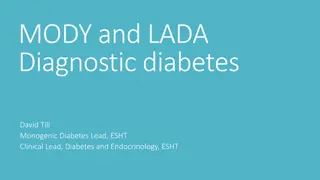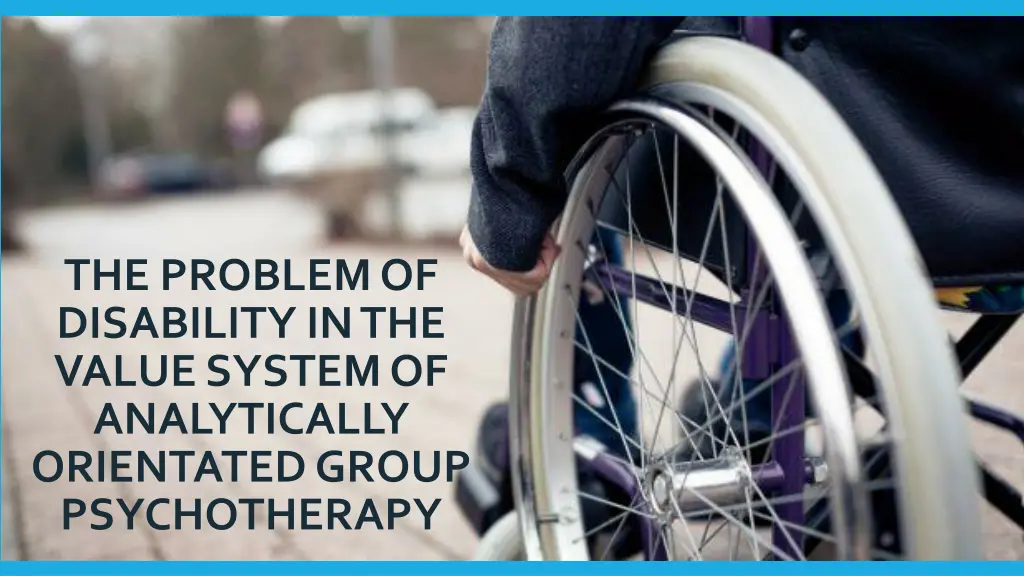
Analytically Oriented Group Psychotherapy and Disability in Value System
Explore the challenges of disability within the value system of analytically oriented group psychotherapy. Delve into the critical role of leaders in addressing neurotic spectrum issues faced by participants with disabilities, aiming to enhance realistic perception and emotional well-being through psychotherapeutic reflections and analyses.
Download Presentation

Please find below an Image/Link to download the presentation.
The content on the website is provided AS IS for your information and personal use only. It may not be sold, licensed, or shared on other websites without obtaining consent from the author. If you encounter any issues during the download, it is possible that the publisher has removed the file from their server.
You are allowed to download the files provided on this website for personal or commercial use, subject to the condition that they are used lawfully. All files are the property of their respective owners.
The content on the website is provided AS IS for your information and personal use only. It may not be sold, licensed, or shared on other websites without obtaining consent from the author.
E N D
Presentation Transcript
THE PROBLEM OF DISABILITY IN THE VALUE SYSTEM OF ANALYTICALLY ORIENTATED GROUP PSYCHOTHERAPY
The mission, aims, values and ethics of the psychotherapeutic process are global questions in modern psychodynamic paradigm, and those, which have dualistic nature of appearance and formation, especially the individual or group analytical situation as well as social and cultural level, where the causes of neurosis lie in the peculiarities of the social environment.
One of the most urgent social problems at the state level in Ukraine and other post-Soviet countries is psychological psychotherapeutic work with people, who have disabilities, in particular in the system of analytical group practice. the issue of and
is to reflect what values can or should be broadcast by the leader of an analytically oriented group, whose participants are people with disabilities gathering in order to solve a number of neurotic spectrum problems, which deepen the feeling of disability and block realistic perception. The purpose
psychoanalytic reflection, introspection, analysis of scientific studies, the implementation of psychotherapeutic work in a real analytical group: has been functioning since 2018 in the city center for social and psychological rehabilitation; consists of 5 persons of varying degrees of severity of the musculoskeletal system disorders; a gender ratio of 3 men and 2 women. The methods
Group leading Who is he? A holistic and empathic translator, or a destroyer of illusions, and a constructor of a realistic vision? Transformer of values, meanings, thinking and personal orientation, or the one who shows purely human experiences, attitudes and their vulnerabilities and ways to overcome them? Is it possible for an analyst to be a parent figure that, with the help of interpretations and reflections, ensures in a group the conditions for the emergence of a social and emotional mirror atmosphere in which the analyzed one can see the integrity of their image, the reflection of their feelings, thinking and thought, but not the physical body?
The Other is also formed in acts of reflection of the individual by the society, in its attitudes and reactions, which in its turn propagate norms and frameworks concerning the forms of the existence of Ego image and its body.
The importance of a positive or negative emotional and social reflection in early childhood is emphasized by F. Dolto, in her theory of the formation of the unconscious body image.
"I am a disabled person"
P.: "I am afraid to communicate with people, to seek help, and to be independent in social interaction, because I am like this." S.: "I have not got used to myself. And what's there to say. My mother, although 26 years have passed, still not accustomed to me . K.: "You see what I am. I need to relax for better functioning of my hand. It has already become better until the first spasticity. And then I will have to work on it again. "
The first powerful catalyst for distortions and the activation of destructive mechanisms of psychological defense is the experience of losing many opportunities.
I.: "After the injury, I thought about that for a long time. About how to adjust my life. I started a healthy lifestyle. I woke up early, spilt cold water over myself, exercised But then I got sick again. Then I was interested in E. Bern s transactional analysis. And for a while it helped me, but then also ceased to work. "
The mechanisms of psychological defense
I.: " Now, I'm fine, but I know it will not last. Soon after that it gets bad. This is the case all the time. And I cannot change that. Get out of this lag. "
The feelings of shame and guilt The self-isolation and self-invalidization The sense of loneliness The anxiety
Empathy, humanity and the inclusiveness in the psychotherapeutic process
THANK YOU FOR ATTENTION

